The Dark Depths of Motherhood in Love Me Back
Merritt Tierce’s 2014 novel is a beautiful and honest portrait of a young mother. It is also dark and disturbing, and is as much about punishment as it is about motherhood, and how the two intertwine.
Please note that orders placed between February 1-February 17 will not be shipped until February 17. Thank you for your patience.
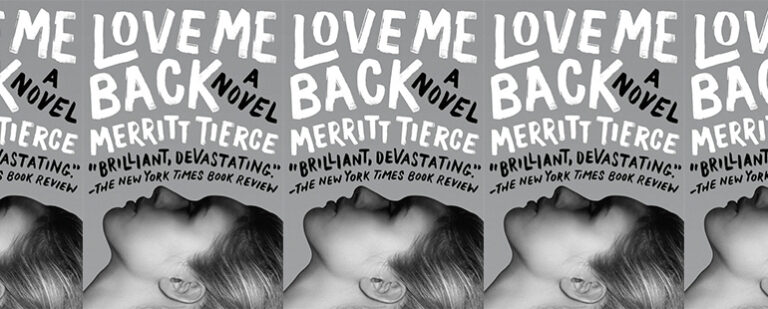
Merritt Tierce’s 2014 novel is a beautiful and honest portrait of a young mother. It is also dark and disturbing, and is as much about punishment as it is about motherhood, and how the two intertwine.

Storytelling is foundational to our concept of ourselves, with personal narratives—those we speak aloud and those we tell to only ourselves—defining the shape of our lives and casting us in various roles as circumstances demand: champion or victim, villain or avenger.
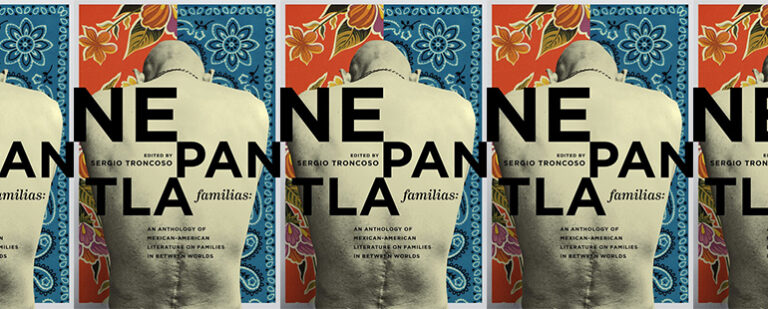
Sergio Troncoso has chosen to situate his latest anthology in an in-between place. Through fiction, poetry, and nonfiction by Mexican American authors, it explores families living along the U.S.-Mexico border and how being in the middle of worlds impacts their lives.
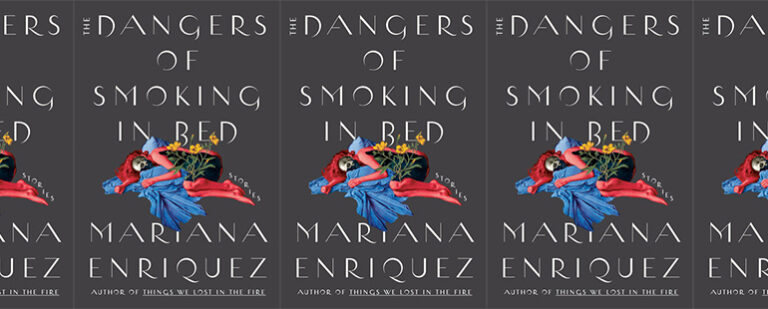
In Mariana Enriquez’s most recently translated story collection, people are afraid: afraid of poverty, afraid of solitude, afraid of confronting the grotesqueness of their own mistakes. One of the strings binding the collection is that again and again fear pushes the characters into committing craven acts of selfishness.
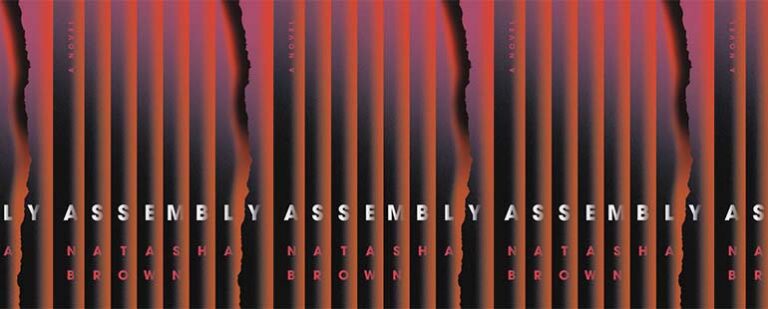
Brown’s debut novel is a slow-motion tragedy, all the weight of four hundred years coming to bear on one woman and the heartbreaking clarity with which she narrates exactly what that feels like. It is a story of all the ways capitalism, racism, and misogyny inflict violence on the self.

Deeply depressed and living in a Europe ravaged by war, famine, and cholera, Mary Wollstonecraft Shelley was inspired to write an eerily prescient novel chronicling the end of the world that manages somehow to be both bleak and hopeful. In the face of seemingly insurmountable tragedy, perhaps that is all we can do.
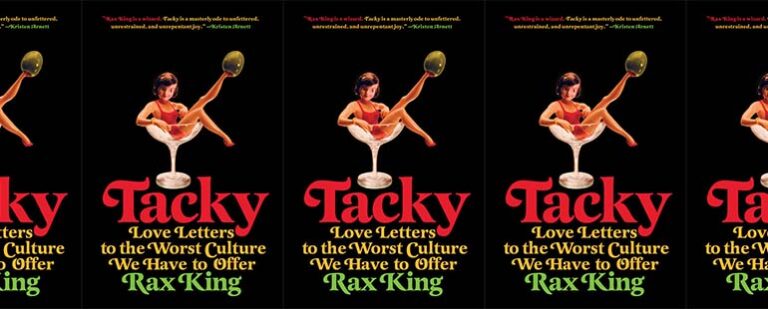
Part cultural critique and part bildungsroman, Rax King’s debut essay collection offers a rigorous defense of low culture while charting her adolescence in the early 2000s, each cultural totem serving as a lens through which she explores her budding sexuality, her father’s death, and her abusive first marriage.
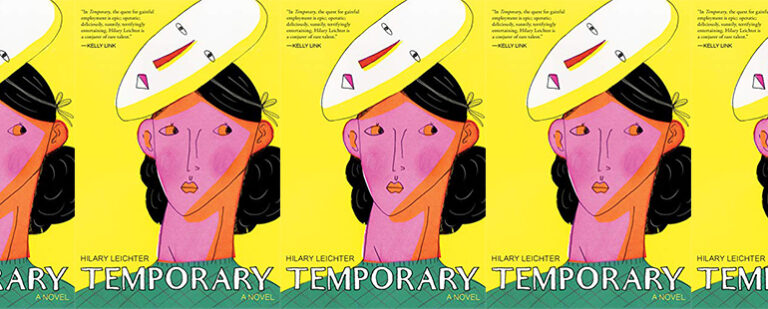
Hilary Leichter’s debut novel is a shifting, surrealist tale of a young woman’s search for permanent employment that deftly captures the anguish of living inside such existential uncertainty, and more terrifying, the potential infinity of it.
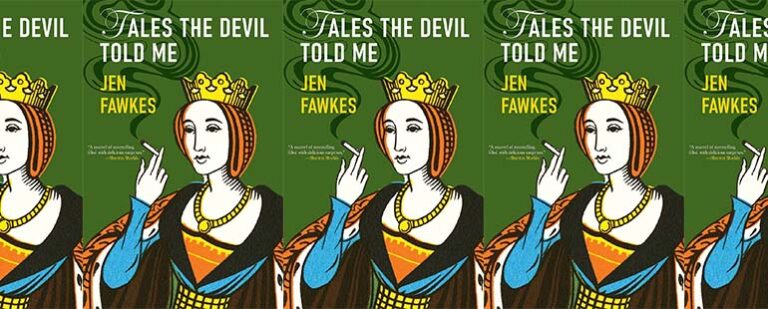
The stories in Jen Fawkes’s latest collection, which tell the tales of literature’s most famous villains, don’t simply long to provide motivation for a character’s badness, but rather are united around people suffering from pervasive loneliness and longing for love—two human qualities anyone, villain or victim, could understand.
No products in the cart.